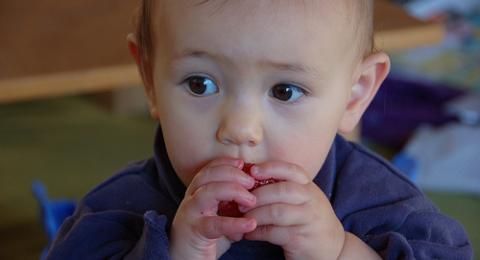Building a caring setting for children is essential in childcare settings to help them thrive and grow positively. Child caregivers play a significant role in establishing this environment by combining their skills with passion and empathy to enhance the growth and happiness of the children under their supervision. Let’s delve into how these caregivers create a nurturing and stimulating atmosphere for the children in their care.
Ensuring Safety with Diligence
Safety is a focus of every childcare in West Melbourne, where experts carefully examine the surroundings to minimise dangers and risks effectively. Through inspections that pinpoint potential hazards, caregivers can intervene promptly. Maintaining a tidy and well-ordered space greatly lowers the occurrence of accidents and injuries while enforcing stringent security protocols to safeguard children continuously.
Creating Structured Routines
Creating routines offers a sense of security for kids. Set schedules help children feel safe by reducing worries and unpredictability. Educators in childcare centres design schedules that encompass playtime, enrichment activities, and periods of relaxation. This structured approach guarantees a well-rounded array of pursuits that contribute to growth. By allowing for adaptability, challenges can be addressed while upholding a sense of regularity.
Promoting Emotional Well-Being
It is essential to prioritise emotional well-being in childcare settings. Experts in the field stress the significance of establishing connections founded on trust and admiration with kids through attentive listening and interaction. This fosters emotional development effectively. Embracing empathy is crucial for acknowledging the range of emotions children experience and promoting a culture where kids feel comfortable expressing their feelings openly. This helps cultivate positive coping strategies.
Encouraging Social Interactions
Interacting with others plays an important role in shaping a child’s growth and development. Children’s caregivers create activities that promote teamwork and collaboration. Through group play and joint tasks, kids learn abilities such as effective communication, caring for others, and solving conflicts. By supervising these engagements, caregivers assist kids in forming friendships and feeling part of a community.
Supporting Cognitive Growth
Encouraging cognitive growth is another key element of creating a nurturing setting for children’s development. Skilled practitioners offer age-appropriate activities to stimulate and captivate their minds. These activities may include solving puzzles, telling stories, and exploring the arts to nurture creativity and enhance thinking. By offering learning opportunities, caregivers accommodate different learning preferences and styles.
Fostering Physical Development
Engaging in physical activities is essential for a child’s growth and development. Childcare providers integrate opportunities for play to enhance motor skills and boost overall well-being. Outdoor playtime, dancing, and participating in sports help children hone coordination and build strength. Creating an environment for physical exploration fosters an energetic lifestyle.
Maintaining Open Communication
Good communication is key to creating childcare settings where professionals and families work closely together to support a child’s growth and development. By sharing observations and insights, they build trust and mutual understanding.
Adapting to Diverse Needs
In childcare settings, there are children with diverse backgrounds and needs. Professionals show flexibility by adjusting their methods to cater to these variations. By embracing diversity, caregivers establish spaces where each child is appreciated and treated with respect. Customising strategies based on individual requirements ensures that every child receives the assistance and opportunities they need to flourish.
Encouraging Independence
Encouraging kids to be independent helps boost their self-assurance and ability to rely on themselves as they grow. Professionals create opportunities for children to make their own choices and solve problems on their own without being overly controlling. By offering guidance instead of direct orders, caregivers assist children in honouring their personal decision-making processes.
Nurturing Positive Behaviour
Encouraging positive behaviour is essential for fostering a productive atmosphere within a group setting, such as childcare facilities. Childcare providers promote positive behaviours using methods that involve reinforcement and recognition. They teach values such as kindness and respect by acknowledging and commending good deeds. This approach helps children understand the importance of appropriate behaviour in various situations.
Conclusion
Childcare experts have the skill to establish caring environments that aid in the early growth of children’s abilities and well-being. This supports their future prosperity and happiness by focusing on safety first and foremost while also nurturing emotional welfare and promoting overall development. Ultimately, these efforts positively influence children’s lives, allowing them to flourish in a supportive and stimulating environment.





Leave a Reply